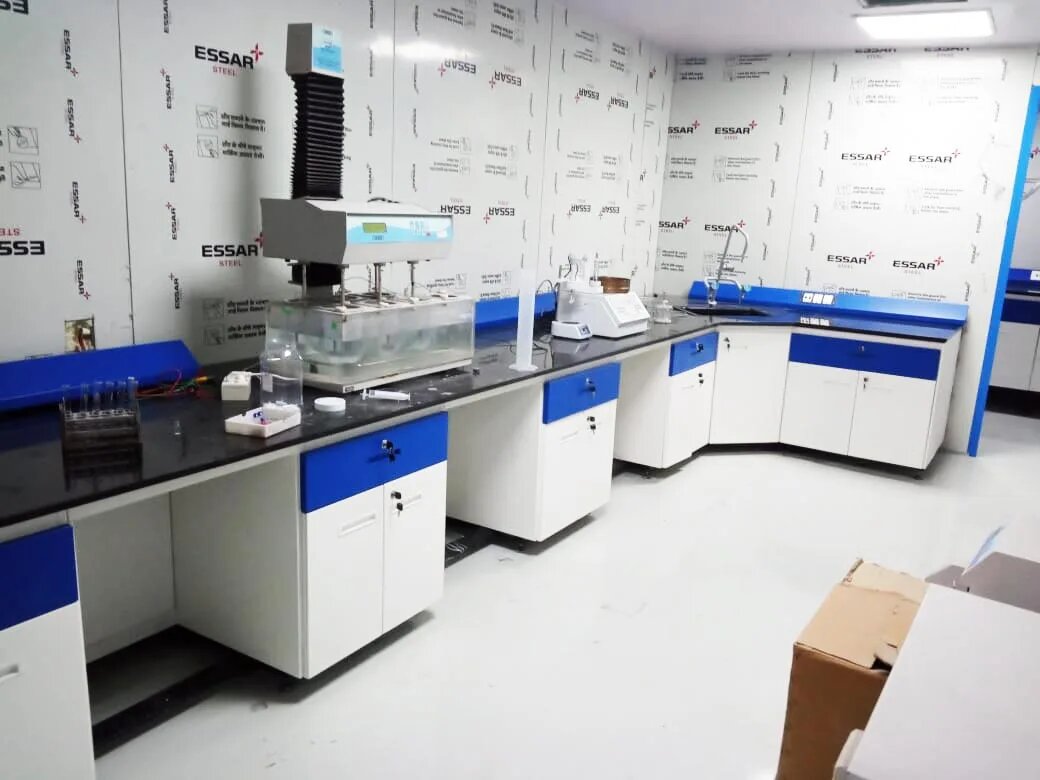
A perfect laboratory needs a proper storage system and that is why lab cabinets play a vital role in keeping your lab organized. They are used to store materials and any other items which are required to perform any experiment and working in an unorganized environment might affect your experiment.
Some experiments require some specific object at the time of performing an experiment and having to look for that object might delay your experiment. That is why an organized laboratory helps you to find the specific object in time and help you to perform your experiment successfully. (Information source: www.rdm-ind.com)
There are a lot of metal lab cabinets out in the market with different material options. But stainless steel cabinets are one the best thing that one can have in their laboratory. They have a lot of benefits as they are durable, and they are easy to maintain. So, here are some reasons why stainless steel cabinets would be perfect for your laboratory.
Resistant to corrosion and chemical
One of the most essential things to keep in mind while working in a lab is the safety of lab workers and the equipment. When your work requires some unstable and highly reactive substances, it is necessary to keep them away in a place safe where they cannot create any nuisance as dangerous chemicals may harm your lab workers or your valuable furniture. That is where stainless steel stands out.
Stainless steel is durable, and no chemical can harm them which is why a lab cabinet made of stainless steel is a great place to store dangerous chemicals. Also, stainless steel is resistant to corrosion which is very beneficial financially as it helps you to save a lot of cash because it can be used for a long time.
Easy to clean
Stainless steel is very easy to clean and maintain. This non-porous metal doesn’t retain any moisture and chemical substances that can cause damage to your valuable furniture. It can also be bleached while cleaning due to its chemical-resistant property and that is why it creates less of a headache for the people who are cleaning it. It can be cleaned with simple water and dry cloth and to retain its shiny look, one can use lemon oil which will help it shine as new.
Durability
Laboratories use certain equipment that is heavy and dangerous, and we all know that unexpected accidents happen while working. Your worker might drop something heavy on the surface of the lab cabinet or something heavy might collide with it accidentally which might make it unusable and might also destroy your furniture. That is why stainless steel cabinets are very useful for any kind of lab as it makes all these damages from accidents look minor. Stainless steel cabinets are very durable, difficult to dent and impossible to break and teaming these up with corrosion-resistant properties, will help you to maintain the good health of your furniture and they will last longer than any other material.
Cost-effective
Stainless steel helps you to maintain your budget due to its high durability and resistance to corrosion and chemical properties. Imagine, if your lab equipment is providing you service for a long period of time, you don’t need to change them often which benefits you a lot as it doesn’t let you spend more and more money on a single thing.
They are also easy to clean which also helps you to spend less while cleaning and keeping your stainless steel cabinets healthy. All of these are very beneficial it helps to lower the cost of your lab in the long run.
So, these are the benefits that a stainless steel lab cabinet offers you but before buying one, you must always seek a good manufacturer so that they can meet all your requirements without letting you spend a lot of your cash.


































